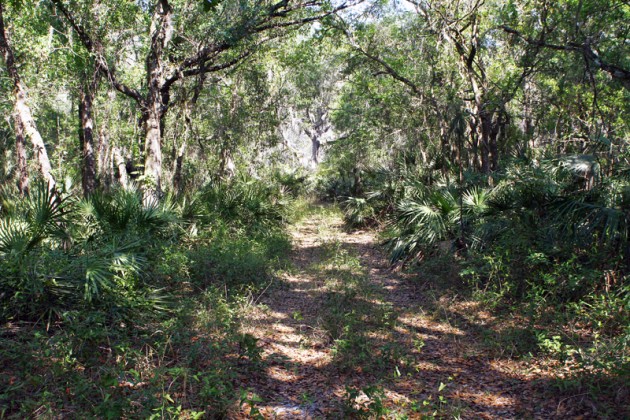Researchers examine seasonal climate change

Researchers are looking at variations in natural cycles and attempting to understand how seasonal climate changes affect plant and animal life.
A new study conducted by USF researchers and the U.S. Geological Survey is the first project in Florida to monitor phenology — cyclical climate changes and associated
biological phenomena.
Gordon Fox, associate professor of plant ecology and a leader of the project, said researchers will record cyclical events, including when plants begin to flower and when particular species of bird begin to sing.
The main research will be conducted at USF’s Ecological Research Area, a 500-acre
wetland and sandhill habitat near Riverfront Park.
Doctoral student George Kish said changes in plant phenology are important because they can affect the timing of agricultural pest and disease control.
Kish said much of the monitoring focuses on the drought. Farmers might need to use more water for their crops because of water evaporation, and the research may help determine cycles related to rainfall and water usage, he said.
The data will also allow researchers to observe specific trends in nature, such as how honeybees aid citrus pollination.
If there is a change in the timing of flowering or the appearance of pollinators, Kish said, flowers might not be pollinated. Changes in plant reproduction cycles could even affect human health.
“Allergens related to hay fever or asthma might occur at different times or for longer times,” he said. “The outbreak of wildfires and diseases of animals are affected by the time that things happen as well.”
According to the USA National Phenology Network (USA-NPN), the USF research will eventually be analyzed against satellite-generated remote sensing and weather data, then compared with detailed ecological studies.
“We’re careful, of course, not to be fooled by fluctuations. It may be true that something flowers earlier than it usually does, but it can take 10 to 15 years before we can see a pattern,” Fox said.
He said USF is excited to study this area because little American phenological research has been conducted.
Fox compared American climactic data to that of places like Great Britain, where he said this kind of research has been taking place for more than a century.
Researchers want to increase the U.S. data by involving regular citizens in its collection. Kish said researchers are looking for “citizen volunteers” to record environmental observations in their communities.
“You don’t have to be a scientist to participate,” Fox said.
“Citizen scientists” can register through the USA-NPN and enter data they observe near their own homes.
“You can report when the leaves come out on the tree by your apartment complex,” Fox said.
Findings from researchers and volunteers will be used to compile an in-depth collection of observations that researchers hope will create a better picture of climate changes in Florida.






